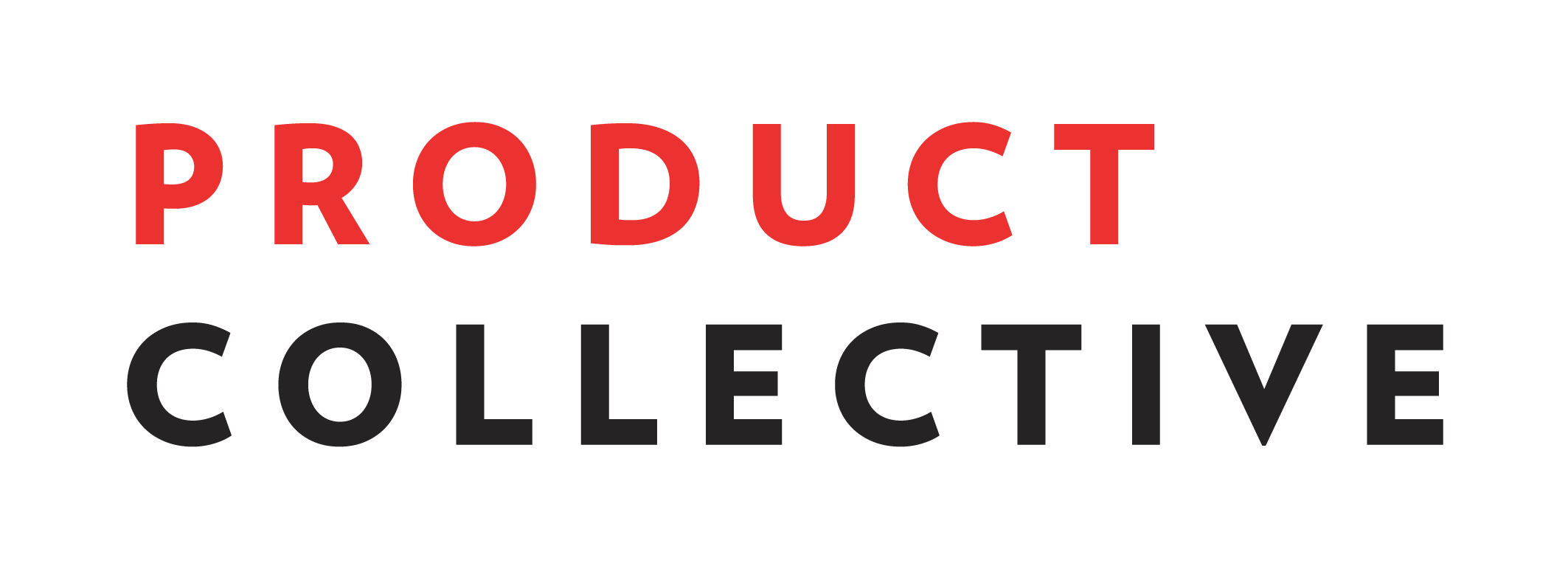The following insights were gleaned from a presentation at INDUSTRY given by Glen Holmes of Workday @HolmesGJK. Download Product Management TACTICS eBook for more.
Why does a bottle of Chateauneuf-du-Pape cost 3 times as much as a bottle of Cotes Du Rhone Village? The answer may help us product people build better, more engaging, products for our users.
Economics for a long time assumed that people were rational when they made decisions. Behavioural economists realized that this is a bit of a misnomer, though. People actually aren’t always rational. However, they aren’t usually simply irrational. They are predictably irrational. Essentially, people oftentimes don’t think as much as they think they think.
People put more value on things they perceive as scarce — whether or not they’re actually scarce. With luxury consumer goods, we sometimes see “limited edition” used in marketing materials to promote scarcity. In the world of software products, though, scarcity can certainly be used as well. Referral systems with an artificially limited number of invites can be much more effective than open-ended referrals when a new product is introduced.
Most people also can be procrastinators, yet hate missing out on things. That’s why hotel booking sites now have hints all over the page warning that others may book the room before you. Those are opportunities to instil a fear of missing out.
Sometimes, we are encouraged to give our customers lots of choices. But despite what most think, humans don’t like too much choice at once. Simplified products are easier to engage and can be more successful.
But people do, however, sometimes need cues to get to where we want them to go. That cue doesn’t need to be too deliberate. It can be just a nudge, which is more like a subtle hint. This is akin to steps showing how many calories are burned if steps are chosen instead of an escalator. While a nudge may seem like a small thing, it can certainly make a big impact.
When it comes to value, though — behavioural economics suggest that people are much worse than we might imagine. For instance, people can sometimes put just as much weight on saving $25 on a clothing item compared to saving $25 on, say, a computer. The actual amount saved is the same — but since a computer is a much more expensive purchase, the relative value is much different.
In the end, product people might not think our ourselves as behavioural economists — but we may be better off if we did. Behavioral decisions that we make for our products can actually have a big impact.
To view Glen’s full presentation, visit: https://productcollective.com/on-behavioural-economics/


